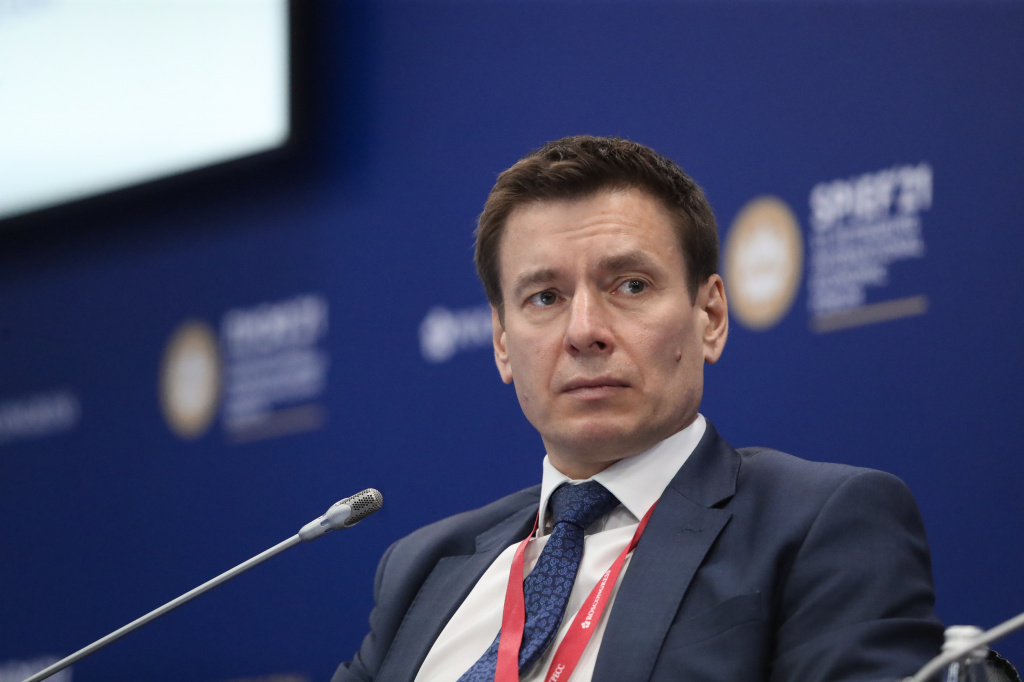
Eurasian Partnership: New Opportunities
St. Petersburg International Economic Forum will host an expert discussion entitled “Eurasian partnership: new opportunities”. The Forum will take place on 15–18 June 2022 in the ExpoForum Convention and Exhibition Centre.
Eurasian economies are facing a set of serious challenges: inflation risks, food and energy security issues, as well as growing geopolitical tensions. The climate agenda and the technological transformation associated with it remain relevant. The large-scale tasks facing the states and companies in Eurasia must be resolved in the context of reformatting the traditional institutions in international trade and finance, on which the global economy has been based for decades. Solutions are needed to enable Eurasian states to respond effectively to these challenges.
"Uniting the efforts of Eurasian states to solve global problems and support their economies during the difficult period of the coronavirus pandemic has already shown its effectiveness. Today the world faces new challenges and threats of fragmentation, which can only be overcome through partnerships that are both based on mutual interests and focused on sustainable development. In the long term, the countries that will be able to build the most favourable relationship with each other, creating the foundation for a future Greater Eurasian Partnership, will win," said Andrey Slepnev, a member of the Board (Minister) on Trade of the Eurasian Economic Commission.
The new reality emphasizes the need to form the Greater Eurasian Partnership, which will consist of separate sub-regional partnerships, a kind of building blocks of the future pan-Eurasian building, based on the common interest of participants and mutual technological, logistical, and infrastructure proposals. The necessary solutions, many of which have already begun to take shape during the pandemic period, lie in the following steps: strengthening of regional integration, development of new instruments for financing trade and settlements in national currencies, digitalization of trade and transport routes, resolution of technological sovereignty problems, and cooperative projects based on the best technologies.
Session participants will discuss a range of issues, such as: what are the sustainable development priorities that can be addressed through partnerships in Eurasia? What is the potential for reducing food and energy security risks through cooperation in Eurasia? In the context of global technological transformation are Eurasian economies partners or competitors? Can partnerships in Eurasia compensate for weakening multilateral mechanisms and what is needed to build a sustainable infrastructure for regional cooperation?
All news about the preparation of SPIEF-2022 is in the official social networks of the forum.
Telegram: https://t.me/RoscongressDirect








